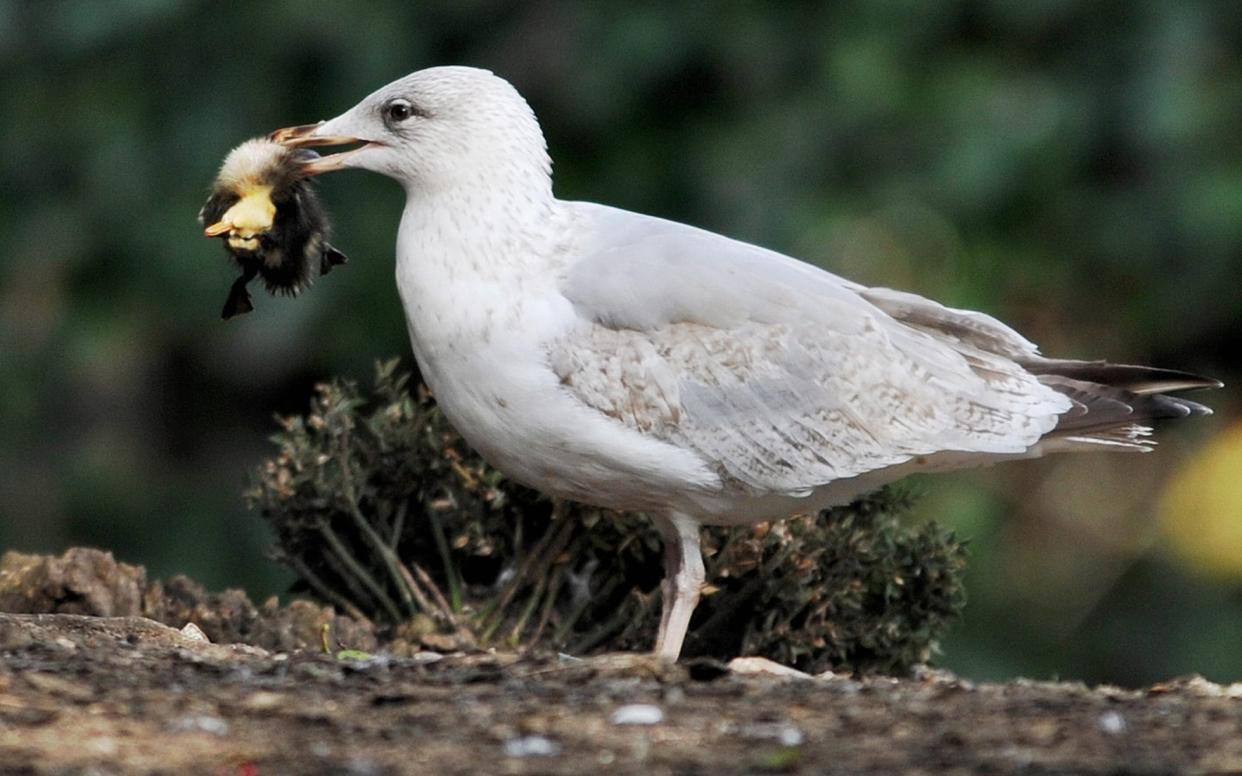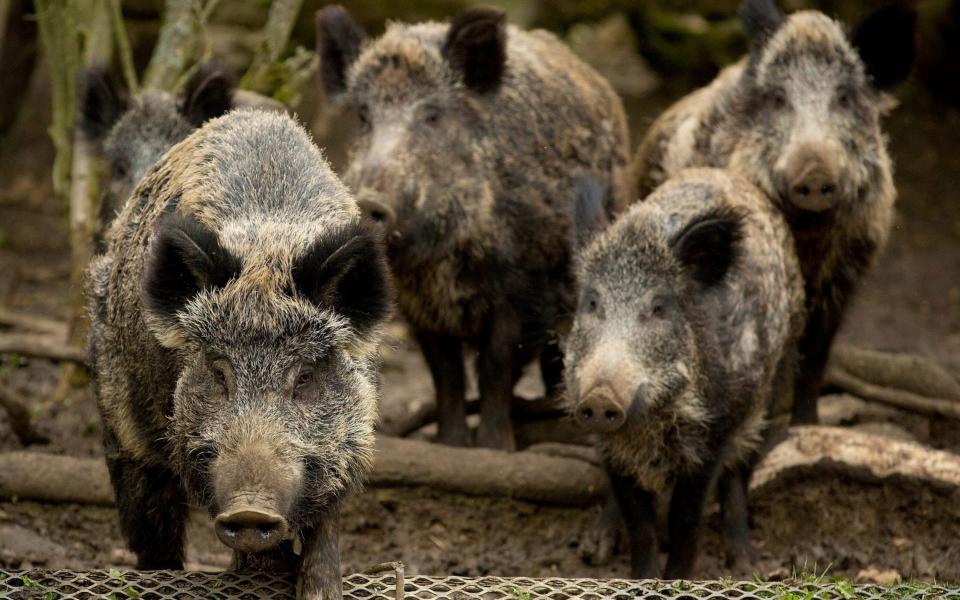Seagulls in Rome take to killing rats and pigeons as lockdown deprives them of food scraps

Deprived of the juicy scraps left by bars and restaurants that they normally gorge on, Rome's notoriously aggressive seagulls have become cold-blooded killers.
Two months into Italy’s lockdown and with trattorias and cafes all closed, the big gulls are now killing rats and pigeons on the mean streets of the capital.
“They are going back to being predators,” said Bruno Cignini, a zoologist from the capital’s Rome University Tor Vergata.
“They are catching mostly pigeons but also swallows and black birds. They’re also going after fish in the Tiber. Luckily, they are also eating rats. Animals are changing their habits as we change ours,” he told Corriere della Sera newspaper.
Related: Seagulls More Attracted to Food Humans Have Touch
Rome’s sharp-beaked gulls developed a taste for pigeon and rat in the past but the prey was usually dead – road kill left by the city’s chaotic traffic. The gulls are now switching from pecking at carrion to killing.
The species is known in Italian as the Royal Gull but in English as the Yellow-Legged Gull. Their bold behaviour and beady eyes are the stuff of legend in the capital.

Matteo Salvini, the head of the centre-Right League party and former deputy prime minister, joked last year that they were “the size of pterodactyls”.
He said he had gone for an evening stroll and “found myself in company with three massive rats - and then there are the aggressive seagulls, which are like pterodactyls.”
He was having a dig at Rome City Council, which is run by a mayor from the anti-establishment Five Star Movement.
He said the city was in such a state of abandonment that “the only thing we are missing is a plague of locusts.”
Rome has a large menagerie of unwelcome wildlife. Wild boar snuffle alongside busy roads and menace dog walkers, the Tiber is full of coypu, a South American rodent once kept in farms for its fur, and the parks ring with the squawks of thousands of Ring-necked and Monk Parakeets.

